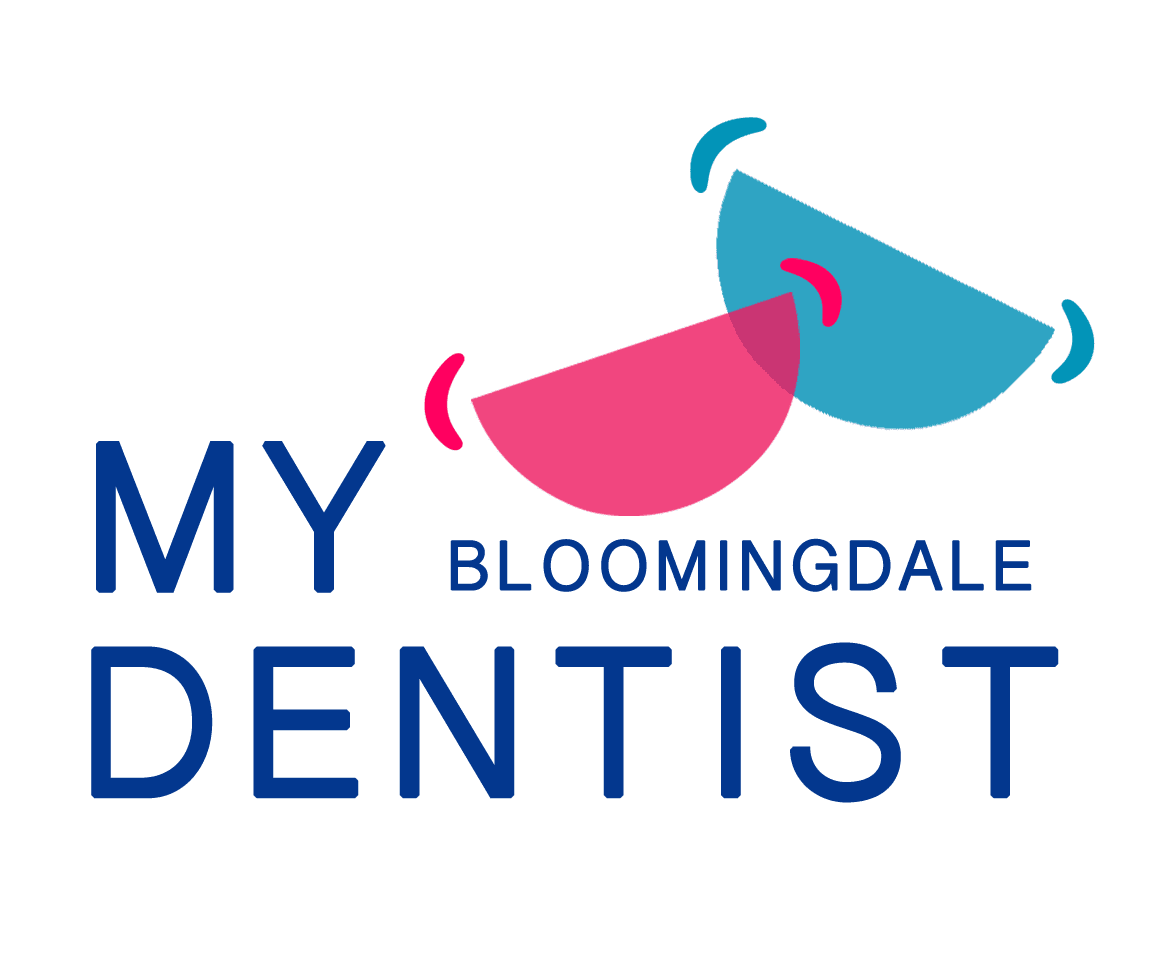
The Link Between Oral Health and Brain Infections

Recent research has unveiled a surprising connection between our oral health and brain infections, particularly in the context of Alzheimer's disease. A groundbreaking 2019 study published in Science Advances revealed an astonishing revelation: the DNA of P. gingivalis bacteria, a prominent culprit in gum disease, was discovered in the brains of Alzheimer's patients during autopsies. Moreover, bacterial DNA was detected in the cerebrospinal fluid of individuals diagnosed with probable Alzheimer's disease.
What's even more concerning is the presence of toxic enzymes from P. gingivalis in the brains of these Alzheimer's patients, which strongly correlated with the extent of tau protein pathology, a defining characteristic of the disease. To delve deeper into this connection, researchers conducted experiments where mice were orally infected with the bacteria. The results were striking, as they demonstrated the presence of P. gingivalis DNA and the accumulation of amyloid β cellular waste, another hallmark of Alzheimer's, in their brains.
Intriguingly, scientists managed to inhibit the bacterial enzymes in mice infected with P. gingivalis, which led to reduced amyloid β production and alleviated neuroinflammation. However, it's worth noting that a recent clinical trial targeting these bacterial enzymes fell short of expectations, resulting in the Food and Drug Administration imposing a hold on future trials.
While the precise mechanisms through which periodontal bacteria access the central nervous system remain largely unknown, emerging theories suggest that these bacteria might reach the brain through circulation in the blood or along peripheral nerves. This revelation has ignited a growing interest in understanding the role that gum disease and oral bacteria play in the development of Alzheimer's disease.
But how does oral health intersect with brain infections? The answer lies in the progression of gum disease. When we neglect to brush our teeth for several days, dental plaque—a biofilm teeming with acid-producing bacteria—develops on our teeth. This triggers inflammation of the gums, as our immune system vigorously combats the infection. Fortunately, gingivitis, the earliest stage of periodontal disease, is reversible with proper oral care, including plaque removal and regular brushing.
However, when gingivitis goes untreated, it can advance into a more severe condition known as periodontitis. This triggers a cascade of inflammation within the body, causing an enlarged gap between the teeth and gums. This allows more bacteria to enter, resulting in inflammation not only in the gums but also in the underlying bone. In severe cases, this chronic inflammation can lead to tooth rejection, loosening, and ultimately, tooth loss.
Critically, this chronic inflammation in the mouth can extend beyond its confines, increasing the presence of pro-inflammatory molecules in the bloodstream. Consequently, chronic inflammation in the body can lead to chronic neuroinflammation in the brain, a process that plays a pivotal role in neurodegenerative diseases like Alzheimer's.
To further investigate this intriguing connection, ongoing research is collecting oral health data from individuals with cognitive impairment. Preliminary findings have uncovered severe oral health problems often overlooked by doctors, underscoring the importance of this research.
Nevertheless, untangling the intricate relationships between lifestyle factors, oral health, and brain health poses a formidable challenge. Researchers grapple with numerous confounding variables, including lifestyle choices, smoking, education levels, and diet. Despite these challenges, researchers emphasize the critical role of maintaining good oral hygiene as one of the simplest and most crucial ways individuals can take care of themselves.
As the scientific community delves deeper into this connection, one thing remains clear: raising awareness about the potential link between oral health, tooth loss, periodontitis, and Alzheimer's risk is essential. Ultimately, maintaining oral hygiene may not only contribute to better overall health but also, potentially, a healthier brain.
For the best in oral health care and information, visit My Bloomingdale Dentist , led by Dr. Henry Kim DMD, located at 183 S. Bloomingdale Rd, Suite 102, Bloomingdale, IL 60108 . You can learn more about our services and schedule your appointment by visiting our website at www.mybloomingdaledentist.com or by calling us at 224-520-8665. So, forth of your health and possibly your brain, keep brushing.
Source: The Washington Post
#Dentist #DentalCare #OralHealth #HealthySmile #TeethCleaning #BloomingdaleIL #ChicagoDentist #ILHealthcare #ILDentalCare
How Can We Help You Today?
Our friendly, professional team is committed to making your dental experience positive and stress-free. From our front desk staff to our dental assistants and hygienists, everyone works together to provide exceptional service at every visit.
No mobile information will be shared with third parties for marketing or promotional purposes. All the above categories exclude text messaging originator opt-in data consent; this information will not be shared with any third parties.
Get in Touch
Give us a call
(224) 520-8665Send us an email
[email protected]Other website
bloomingdaledentalcenter.com/
